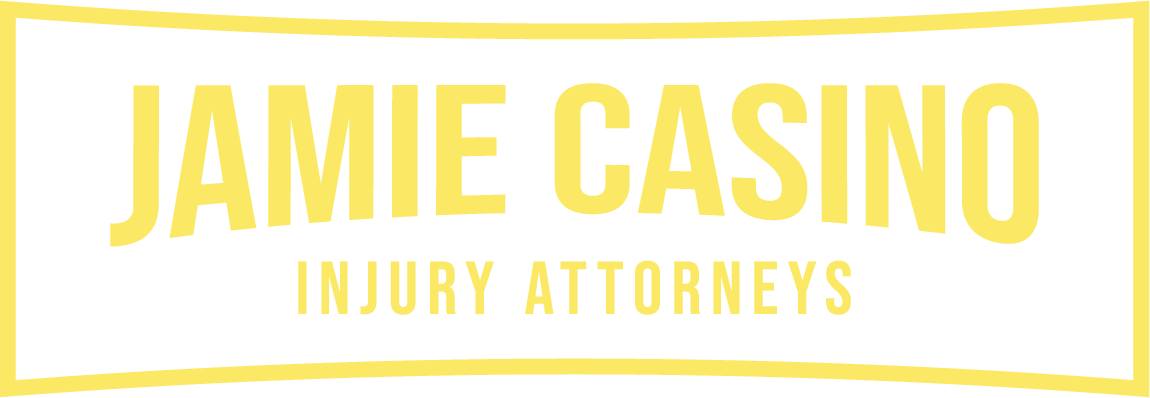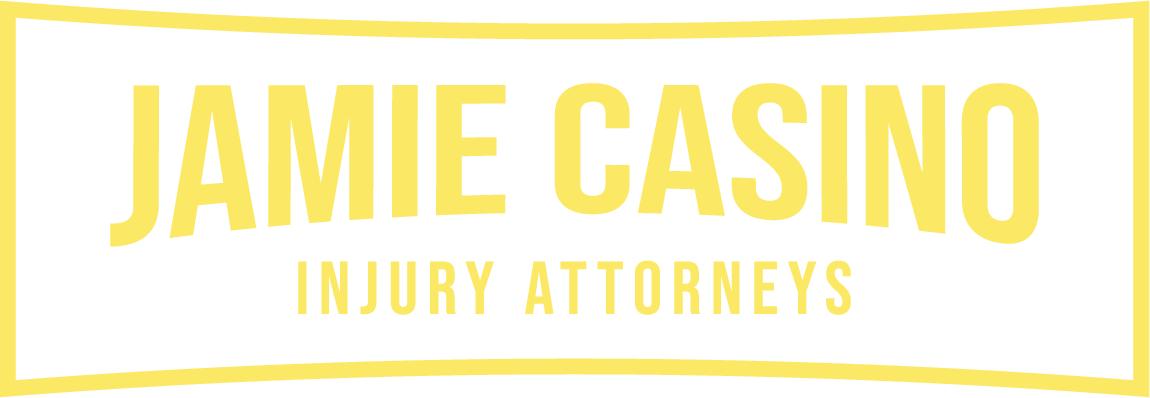Medical malpractice law is a complex area that deals with all sorts of medical injuries, including pharmaceutical injury. Pharmaceutical injury cases arise when a pharmaceutical drug or medical device causes harm to a person because of negligence or defects. Over time, the number of pharmaceutical injury claims has increased, and this has led to a rise in the number of claimants. That said, determining liability for a pharmaceutical injury is a complicated process. In this blog post, we will discuss the ways to determine liability in pharmaceutical injury claims.
Unveiling the Chain of Liability
To determine liability in a pharmaceutical injury claim, it's important to unveil the chain of liability. This chain includes manufacturers, distributors, prescribing physicians, and pharmacies. It's essential to determine which parties are responsible for the injury. The manufacturer may be at fault if the medication is defective or doesn't come with adequate warning labels. If the distributor or the prescribing physician or pharmacist didn't inform you of potential side effects, they could also be liable if the medication was not stored properly.
Proving Negligence and Defective Products
Proving negligence and defective products is essential to determine liability in a pharmaceutical injury claim. Negligence is when a person or entity fails to take reasonable care, leading to personal injury. Defective products refer to medication that's poorly designed, manufactured, or labeled. Proving negligence involves gathering evidence showing that the liable party was aware of their actions' potential consequences yet still acted recklessly.
On the other hand, proving defective products relies on demonstrating that the medication's side effects were unreasonably dangerous and could have been avoided.
Gathering and Preserving Evidence
Gathering evidence is crucial to determining liability in a pharmaceutical injury claim. This includes gathering medical documentation and medical records, proving the injury resulted from the medication, and speaking with witnesses. It's important to preserve the medication and packaging, as this could be vital evidence later on. In the case of defective drugs, preservation of other bottles, prescription paperwork, and other evidence is required to establish a strong case for liability determination.
How a Personal Injury Attorney Can Help
Determining liability in a pharmaceutical injury claim can be complex and overwhelming, especially when you're dealing with an injury. Seeking help from a personal injury attorney who specializes in this area of law can help alleviate the stress of the legal process.
An experienced attorney can evaluate your case, provide legal guidance, and help you navigate the complexities of the legal system. They can conduct an investigation, which includes obtaining evidence, interviewing witnesses, and consulting with experts, to build a strong case.
Contact Our Attorneys at Jamie Casino Injury Attorneys
Determining liability in a pharmaceutical injury claim is not easy, but it's necessary to get compensation for the damages you're dealing with. Determining liability involves unveiling the chain of liability, proving negligence, and gathering evidence. Working with an experienced attorney with expertise in pharmaceutical injury cases can help ease the stress and guide you through the legal process.
If you have experienced an injury due to prescription medication, don't hesitate to contact our personal injury attorneys at Jamie Casino Injury Attorneys
for guidance and legal help. (912) 809-5335

